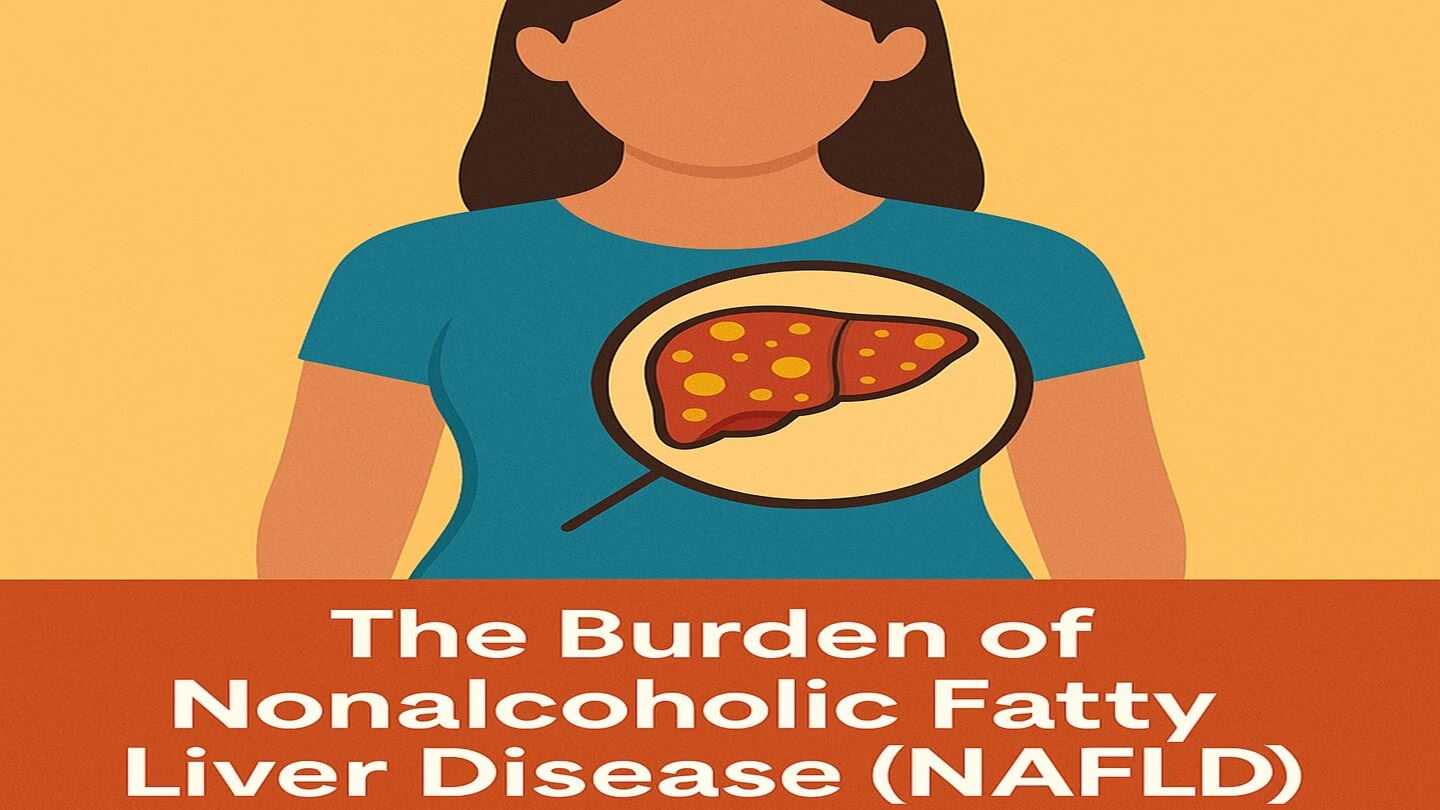Sexual health is a cornerstone of overall well-being, playing a vital role in physical, emotional, and relational aspects of life. Despite its importance, sexual health often remains a taboo topic, clouded by misconceptions and lack of awareness. This article dives into the multifaceted world of sexual health, providing practical insights and strategies for enhancing intimacy, preventing health issues, and fostering healthy relationships.
What Is Sexual Health?
Sexual health is defined by the World Health Organization (WHO) as a state of physical, emotional, mental, and social well-being in relation to sexuality. It is not merely the absence of disease or dysfunction but involves a positive and respectful approach to sexuality and sexual relationships. Achieving sexual health requires:
- Knowledge about safe practices and protection against sexually transmitted infections (STIs).
- Understanding and managing sexual desires and emotions.
- Open communication with partners.
- Respect for personal boundaries and consent.
Common Sexual Health Issues
Understanding and addressing common sexual health challenges is key to maintaining a fulfilling intimate life. Some prevalent issues include:
1. Sexually Transmitted Infections (STIs)
STIs like chlamydia, gonorrhea, syphilis, and HIV/AIDS remain significant public health concerns. Early detection and treatment are essential to prevent complications.
2. Erectile Dysfunction (ED)
ED affects millions of men worldwide and can stem from physical conditions like diabetes or psychological factors such as stress and anxiety.
3. Low Libido
Reduced sexual desire can result from hormonal imbalances, stress, medication, or relationship issues.
4. Painful Intercourse
Known as dyspareunia, painful intercourse can be caused by vaginal dryness, infections, or psychological factors.
5. Fertility Challenges
Infertility affects both men and women and often requires medical evaluation and intervention.
Strategies for Enhancing Sexual Health
Sexual health is not static; it evolves throughout life. Adopting proactive measures can help you achieve and maintain a vibrant intimate life.
1. Prioritize Open Communication
Healthy relationships thrive on honest and open communication. Discussing desires, concerns, and boundaries with your partner fosters trust and emotional intimacy.
2. Practice Safe Sex
Using condoms and other protective methods significantly reduces the risk of STIs and unplanned pregnancies. Regular STI screenings are also essential for sexually active individuals.
3. Maintain a Healthy Lifestyle
Your overall health impacts your sexual health. Consider the following lifestyle changes:
- Exercise Regularly: Physical activity boosts circulation, improves mood, and enhances stamina.
- Eat a Balanced Diet: Include foods rich in vitamins, minerals, and antioxidants to support hormonal balance and energy levels.
- Quit Smoking: Tobacco use can impair blood flow and contribute to erectile dysfunction.
- Limit Alcohol Intake: Excessive alcohol consumption can decrease libido and performance.
4. Manage Stress Effectively
Stress and anxiety are significant barriers to a healthy sex life. Incorporate relaxation techniques like yoga, meditation, or deep breathing exercises to calm your mind and body.
5. Seek Medical Advice When Needed
If you experience persistent sexual health issues, consult a healthcare professional. Conditions like ED, low libido, or painful intercourse often have underlying medical or psychological causes that require attention.
6. Educate Yourself
Understanding your body and sexual health is empowering. Read reputable resources, attend workshops, or consult healthcare providers to stay informed about best practices.
The Role of Mental Health in Sexual Well-being
Mental health profoundly influences sexual health. Depression, anxiety, and past traumas can negatively impact desire and performance. Addressing these issues through therapy or counseling can restore confidence and improve intimate relationships.
Tips for Nurturing Mental and Sexual Health:
- Practice self-compassion and avoid self-criticism.
- Engage in activities that boost self-esteem.
- Seek professional help if past traumas or mental health challenges affect your sexual well-being.
The Impact of Aging on Sexual Health
Sexual health needs and experiences evolve with age. While aging brings physical changes, it does not mean the end of a fulfilling sex life.
Men:
- Testosterone levels may decline, affecting libido and performance.
- Erectile dysfunction becomes more common but is manageable with medical interventions.
Women:
- Menopause can lead to vaginal dryness and changes in libido.
- Hormone replacement therapy (HRT) and lubricants can alleviate discomfort.
Staying active, maintaining emotional intimacy, and seeking medical advice can help navigate these changes.
Addressing Cultural and Social Barriers
Cultural norms and societal stigma often hinder open discussions about sexual health. Breaking these barriers requires:
- Promoting sex education in schools and communities.
- Encouraging individuals to seek medical advice without shame.
- Creating supportive spaces for open conversations about sexuality.
Sexual Health for LGBTQ+ Individuals
LGBTQ+ individuals face unique challenges in achieving optimal sexual health, including discrimination, lack of inclusive healthcare, and limited access to resources.
How to Support LGBTQ+ Sexual Health:
- Advocate for inclusive healthcare policies and practices.
- Provide education and resources tailored to LGBTQ+ needs.
- Foster a culture of acceptance and understanding.
Technology and Sexual Health
Technology has revolutionized how we approach sexual health. From telemedicine consultations to apps tracking menstrual cycles, technology offers innovative solutions to manage and enhance sexual well-being.
Benefits of Technology:
- Access to discreet consultations and treatments.
- Availability of educational resources and support groups online.
- Tools to monitor reproductive health and fertility.
Potential Risks:
- Privacy concerns related to health data.
- Misinformation from unreliable online sources.
Always rely on trusted platforms and verify the credibility of digital health tools.
Conclusion
Sexual health is an integral part of overall wellness, encompassing physical, emotional, and social dimensions. By addressing common challenges, embracing healthy habits, and fostering open communication, you can nurture intimacy and achieve a fulfilling sexual life. Break the stigma, seek knowledge, and prioritize your well-being—because a healthy intimate life is a cornerstone of a happy and vibrant existence.
ABOUT THE AUTHOR
Dr. Alex Sam is a passionate healthcare professional with an MBBS and MRCGP degree and a strong commitment to modern medicine. Known for his empathetic approach, he emphasizes listening to his patients and understanding their unique health concerns before offering treatment. His areas of focus include family medicine and general health management, where he strives to provide holistic care that improves both physical and mental well-being. Dr. Alex is also a strong advocate for preventive screenings and early detection of diseases, ensuring his patients maintain healthier lives. With a calm demeanor and deep medical insight, he has earned the trust of both his patients and peers in the medical community.










Add comment